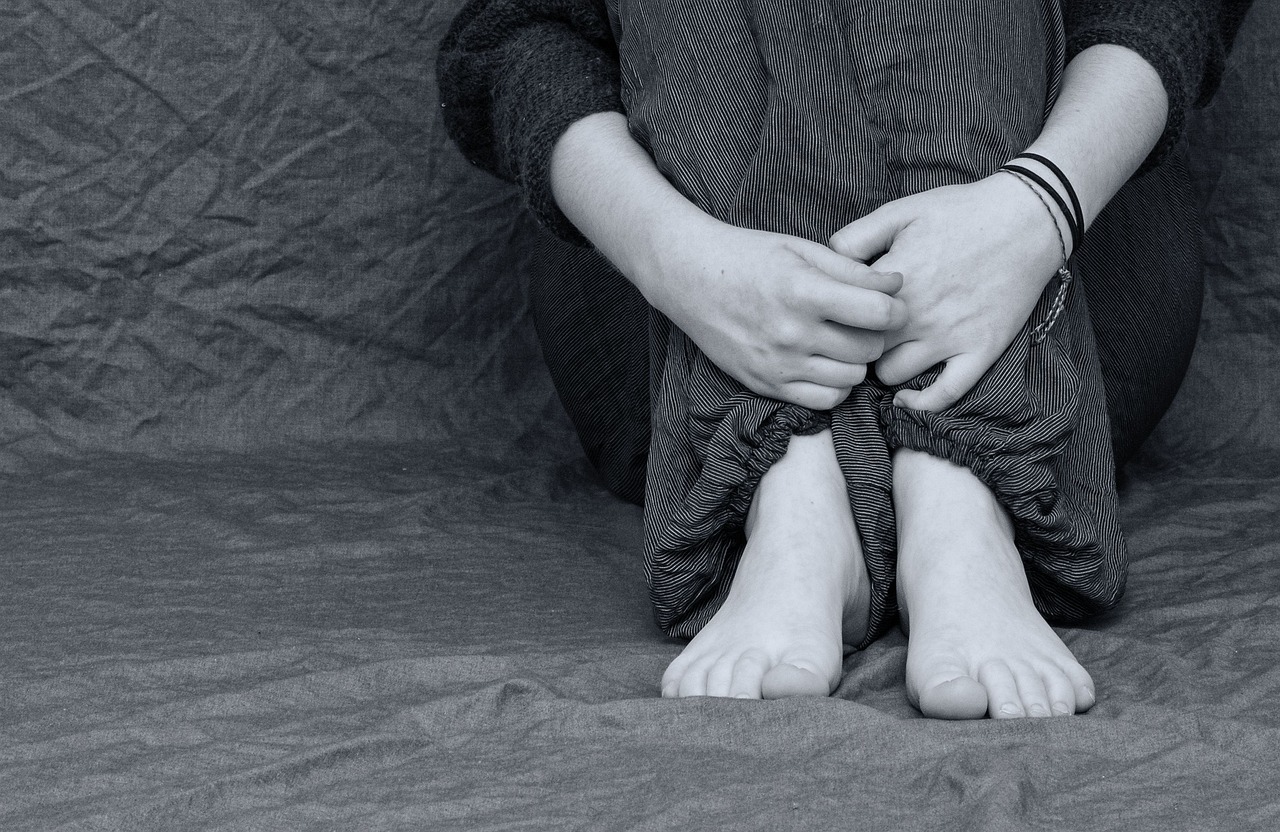
When Anxiety Makes Your Teen Avoid Everything - What to Do (and What Not to Do)
There’s nothing easy about seeing a young person you care about pull away from the people, places, and activities that once lit them up, whether it's school, sport or even just hanging out with their mates. Anxiety tells them that it’s safer to stay small, to pull away and to not even try - I can relate to this even as an adult trying new things that feel out of my comfort zone but I know will be good for me. And even though the avoidance can bring short term relief, it often leaves us feeling even more stuck, isolated, and full of self doubt.

I often hear how hard it is to find the balance when a young person is stuck in avoidance. On one hand, protecting them can feel like you’re making the anxiety stronger and on the other hand, encouraging them to face things can feel like you’re being too pushy or harsh. It’s a really tough spot to be in and there’s no clear rulebook for what’s “right”. What does make a difference though is gentle, consistent steps forward, not getting it 100% right every time.
Why Avoidance Feels Safer for Teens
To an anxious mind, avoidance feels like safety. Not going = not failing. Not showing up = not being judged. It’s not that they don’t care or aren’t capable, it’s that their nervous system is convinced they’re not good enough, and pulling back feels like the only way to cope.
The thing is though, the more they avoid, the more their confidence shrinks. And over time, everyday things can start to feel impossible.

Practical Ways to Support Without Pressure
Here are some strategies that can gently help your young person start moving forward:
1. Break Big Things Into Micro-Steps
Instead of “You need to go for the whole party,” try:
“What if you just went for 10 minutes?”
“How about walking in, saying hi to one friend, and then deciding if you want to stay?”
These tiny steps feel doable, and every win tells their brain, “I can handle this.”
2. Celebrate Effort, Not Outcome
If they only manage a small step, that’s still courageous. Simply saying, “I’m proud you gave it a go” helps them feel seen and supported, even if the outcome wasn’t perfect. Confidence grows from effort, not from doing everything perfectly.

3. Lead With Curiosity, Not Criticism
Criticism feeds shame and self doubt while curiosity creates space for connection. Try gentle questions like:
“What part feels hardest right now?”
“What could make this feel a tiny bit easier?”
This shows your teen they’re not alone, and that their feelings are valid.
A Gentle Reminder for Supporting Teens
It’s normal to feel frustrated, worried, and even helpless when anxiety takes such a strong hold on your young person. It’s not about forcing them through fear or rescuing them from every challenge, it’s about gentle guidance, patience, and consistent support.

When Extra Support Can Help
Sometimes teens hear things differently from someone outside the family. Through 1:1 mentoring, I help young people who feel anxious, stuck, or not good enough to take small, safe steps forward. Together, we work on rebuilding their self belief, calm, and confidence so they can start showing up in their lives again and feeling good while they do it. If you’re curious to see if it’s the right fit, you can book a free 15 minute Connection Call with me. No pressure, just a friendly chat to see what it's all about.
Click here to book your free call.
Annabel 💛
